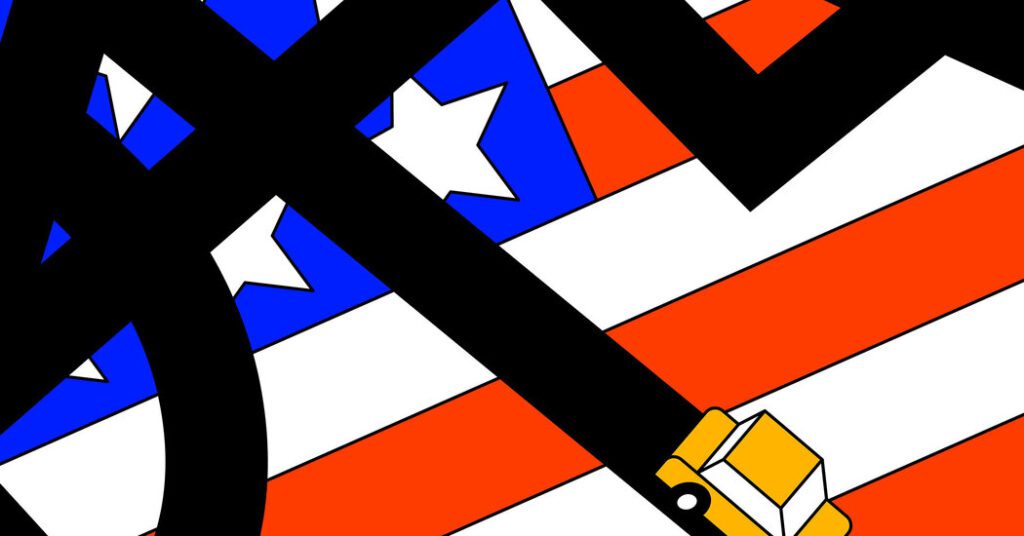The State of the Rule of Law in the U.S.: A Legal Perspective
Recent statements by House Speaker Mike Johnson have reignited discussions surrounding the powers of federal courts in the United States. Johnson indicated that Congress holds the authority to eliminate entire district courts, asserting, “We can eliminate an entire district court. We have power of funding over the courts and all these other things.” This assertion raises questions about the potential implications for the judiciary and the federal legal framework.
Presidential Accountability and Judicial Oversight
In contrast, President Biden has taken a stand suggesting he does not need to adhere to federal statutes or court rulings, a stance that challenges the fundamental principles of the rule of law. As noted by Aziz Huq, a professor at the University of Chicago Law School, “the constraint dimension of the rule of law… is not met at present in the United States.”
Judicial Aggression or Constitutional Crisis?
Experts have varied views on the nature of the current crisis. Daniel Farber from UC Berkeley cautions against assuming that the Supreme Court will acquiesce to presidential overreach or that the president will blatantly disregard a Supreme Court decision. Meanwhile, Adrian Vermeule of Harvard Law School argues that the perception of a constitutional crisis stems from aggressive judicial actions that have breached traditional boundaries between branches of government, noting these judicial overreaches weren’t as prevalent during Biden’s administration.
Perspectives on Trump’s Governance
As discussions unfold, legal scholars offer insights into former President Trump’s administration. Michael Dorf from Cornell Law School expresses concern that Trump is surrounded by loyalists and feels liberated from constitutional constraints. Jamal Greene of Columbia Law School warns that Trump appears intent on both strict enforcement of selective laws and undermining the government’s capacity, which could lead to an authoritarian regime where civil liberties are eroded.
The Fragility of Constitutional Systems
Jack Balkin from Yale Law School describes the situation as precarious, stating, “Our constitutional system is on a knife’s edge.” Rose Cuison-Villazor from Rutgers Law School suggests that we might already be witnessing a breakdown in checks and balances, leading to a potential constitutional crisis.
Threats to Legal Integrity and Democracy
Burt Neuborne of NYU School of Law highlights the perils posed by Trump’s actions toward legal professionals, framing these as existential threats to American democracy. Katie Eyer from Rutgers Law School emphasizes concern over governmental abuses, including extrajudicial actions and retaliation against those exercising their First Amendment rights, describing them as hallmarks of authoritarian governance.
Future Implications
Daniel Epps from Washington University warns about the politicization within the Justice Department, indicating that the alignment of individual prosecutions with the administration’s interests is troubling. Jon Michaels from UCLA underscores that even if Trump’s influence were to be curtailed abruptly, the repercussions could last for years, hindering the restoration of public trust and the rule of law.
David Pozen of Columbia Law School argues that the U.S. constitutional framework is on the brink of an authoritarian transformation. He asserts that while the forms of the constitution may remain, the essence of democracy could be significantly undermined unless robust political opposition and systemic reforms are enacted to address legitimate grievances.
Conclusion
In summary, the current landscape suggests that the interplay between presidential power, judicial authority, and public trust is increasingly fraught. As the nation grapples with these challenges, the discourse around the rule of law remains critical to preserving democratic norms and individual liberties.


